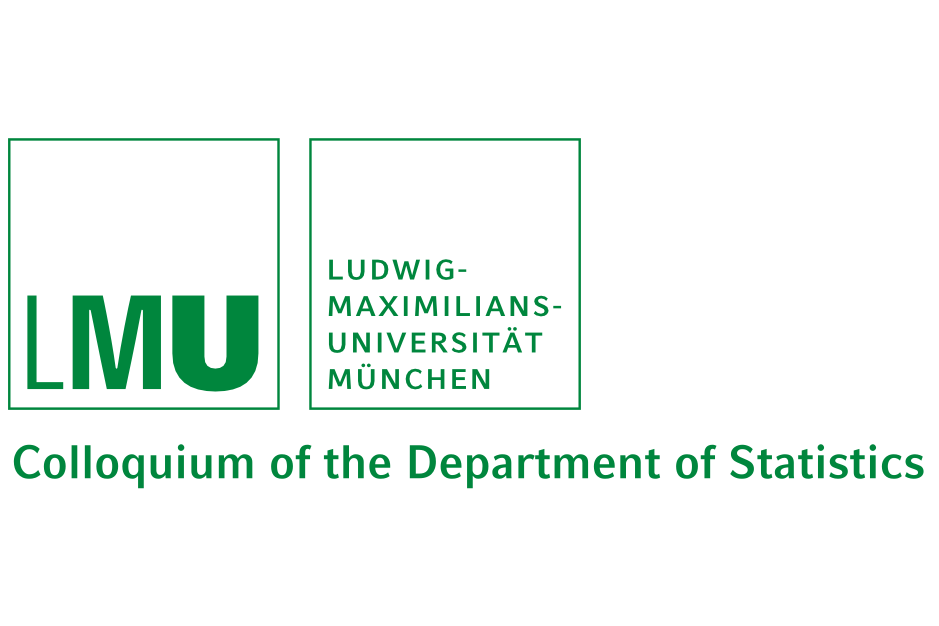03
Jul

Colloquium
Can Today’s Intention to Treat Have a Causal Effect on Tomorrow’s Hazard Function?
Jan Beyersmann, University of Ulm
03.07.2024
4:15 pm - 5:45 pm
LMU Department of Statistics and via zoom
Hazards condition on previous survival, making them identifiable with censored data and key to survival analysis. However, this raises causal concerns. Post-randomization, effective treatments might help sicker patients survive longer, causing dependence between treatment intention and sickness markers, known as "collider bias," which complicates detecting causal effects.
Jan Beyersmann argues that today's treatment intention affects future hazard function causally. He suggests that "collider bias" should be termed "collider effect" and is less relevant to time-to-event data. He believes hazard ratios should be translated into probabilities to understand treatment effects better, though nuances might be lost.
Beyersmann illustrates this with an example from a German benefit-risk assessment where censoring was not fully considered, leading to misleading safety claims. He also discusses using a multistate model in a phase 3 lung cancer trial, where the FDA temporarily halted the experimental treatment. The goal was to estimate survival distributions assuming no clinical hold, despite the challenge of non-independent times to clinical hold and death.
Organized by:
Department of Statistics LMU Munich